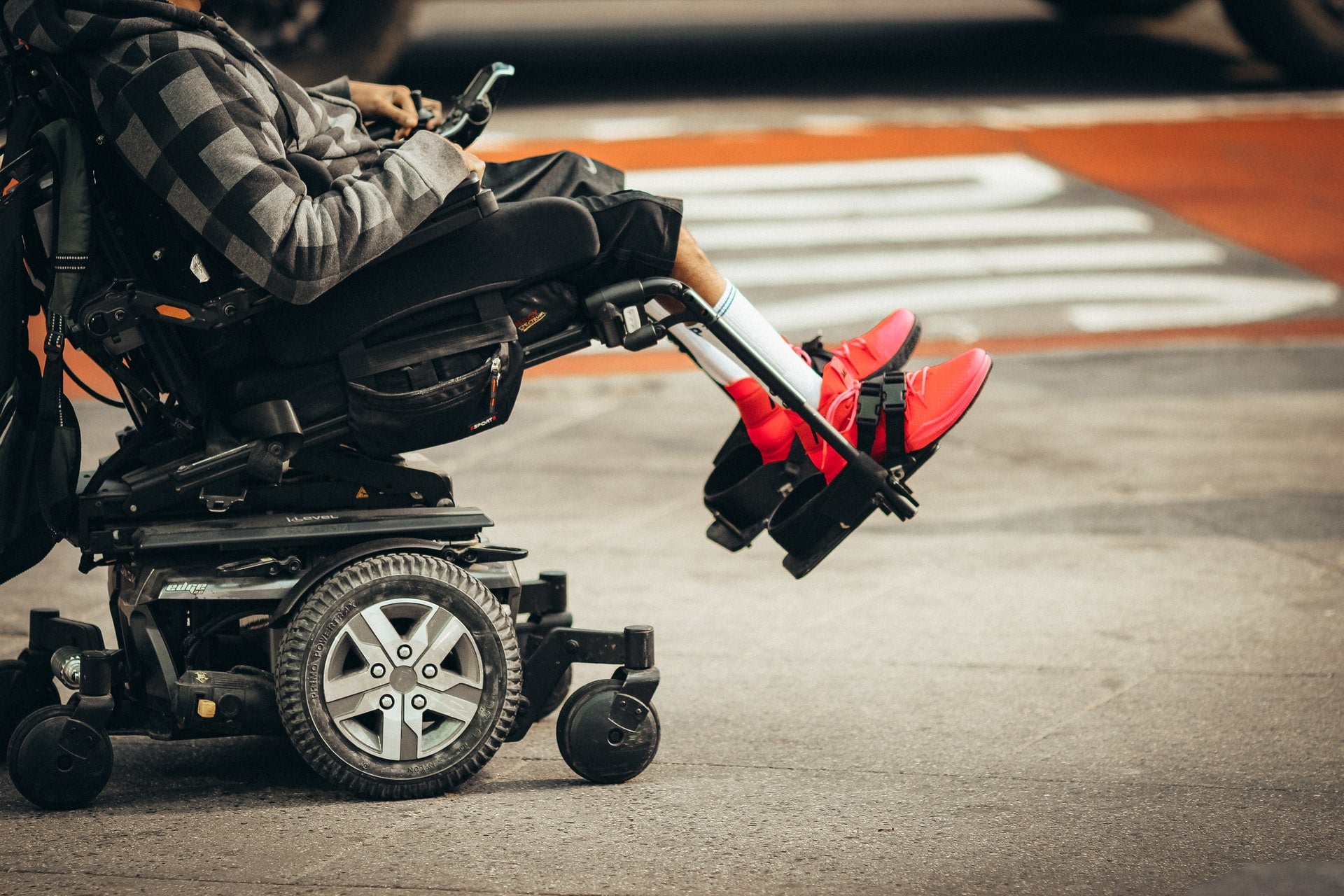
The US Food and Drug Administration (FDA) has granted breakthrough device designation for InterVene’s BlueLeaf Endovenous Valve Formation (EVF) System.
The BlueLeaf EVF System is developed to address deep vein reflux (DVR), which is the failure of venous valves in the legs.

Discover B2B Marketing That Performs
Combine business intelligence and editorial excellence to reach engaged professionals across 36 leading media platforms.
It is claimed to be the first catheter-based solution for DVR that does not need to be implanted.
The device is designed to form new autologous vein valves from the tissue layers that make up a vein wall in a patient using an endovascular, ultrasound image-guided approach.
The BlueLeaf EVF System uses an open-surgical predicate, the Maleti Neovalve, where the autogenous vein valves are derived from the vein wall of the patient.
InterVene CEO Jeff Elkins said: “This is a meaningful milestone for the company, which offers the potential for a more timely clinical research and regulatory process for BlueLeaf.

US Tariffs are shifting - will you react or anticipate?
Don’t let policy changes catch you off guard. Stay proactive with real-time data and expert analysis.
By GlobalData“Given the debilitating nature of DVR and the lack of an effective treatment option for these patients, we’re pleased with the FDA’s decision and look forward to productive collaboration with the agency.
“In addition, potential economic and reimbursement benefits remain an ongoing process which we’ll follow closely as we plan and develop the next phase of our clinical research.”
The company stated that the clinical trial of the new device is currently underway in three separate study programmes across the world, including an Early Feasibility Study (EFS) in the US.
Using the BlueLeaf System, the US and international investigators have formed new vein valves in more than 25 patients with varying disease severity, anatomy and etiology.
InterVene noted that bicuspid and monocuspids valves have both been formed in patients.
In 2019, the company raised $15m of funding in a Series B financing round to develop its venous valve repair device.





